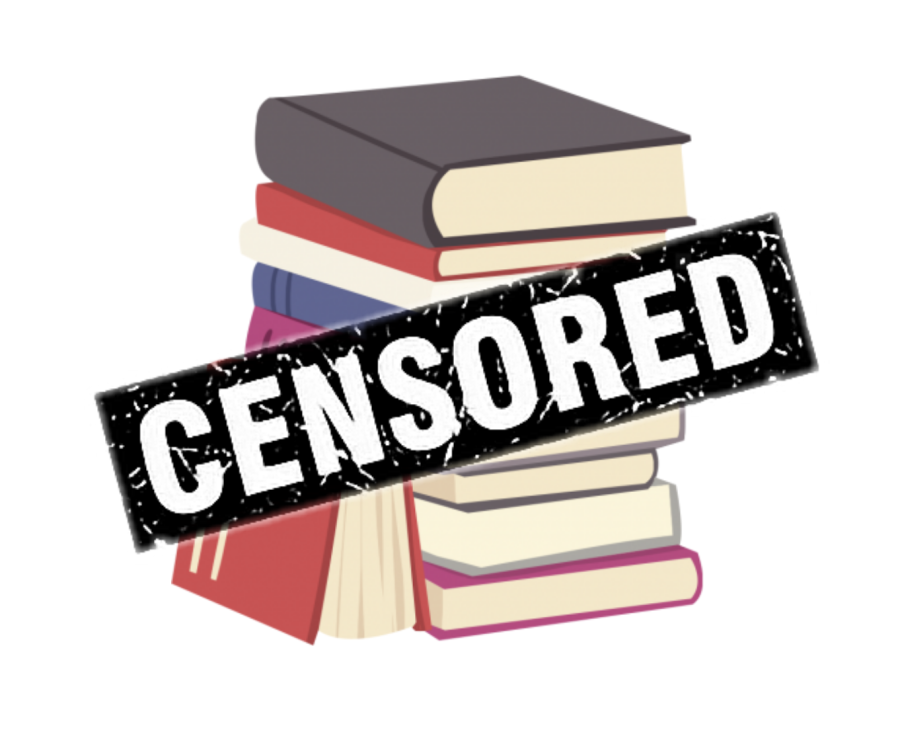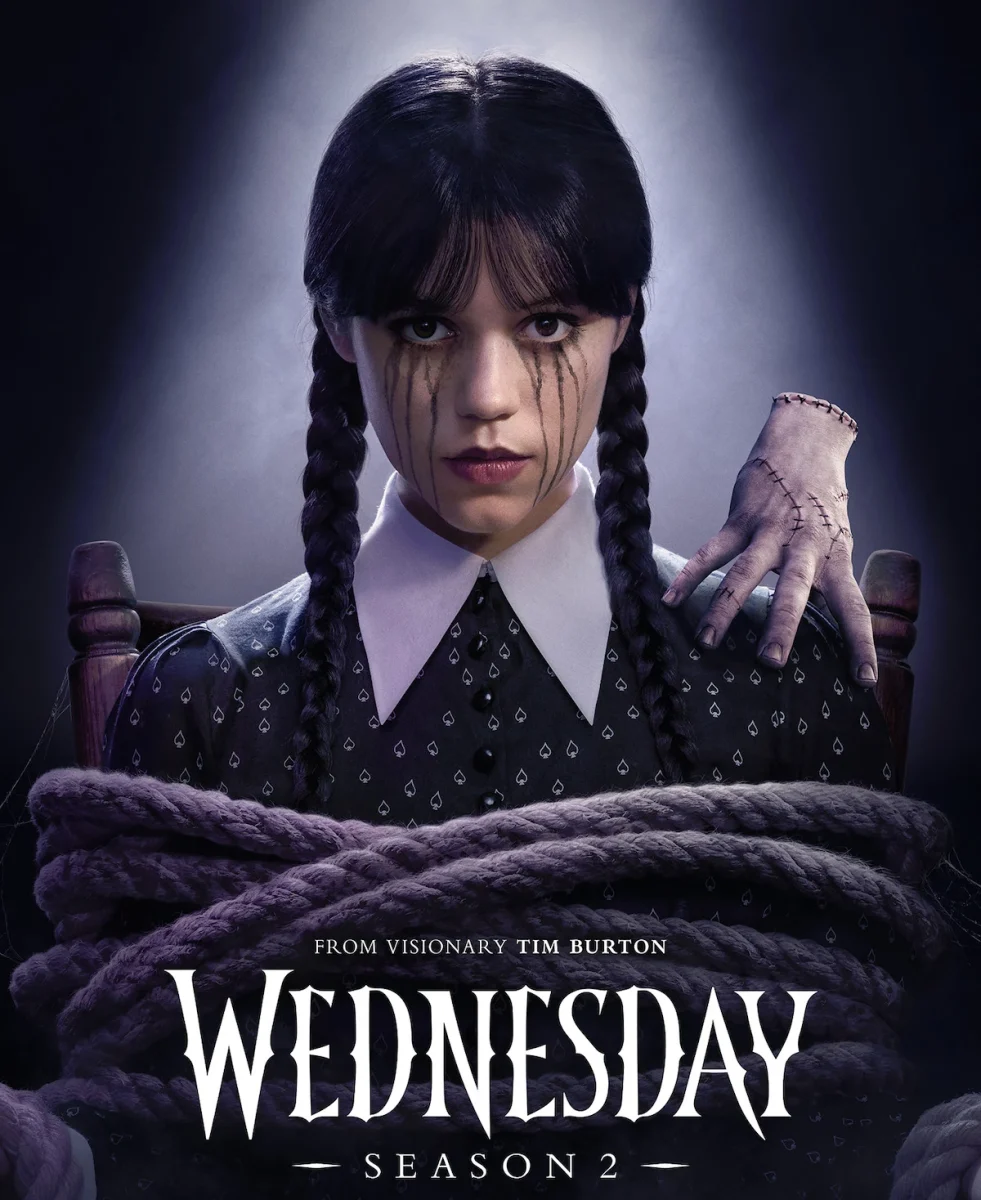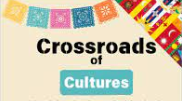Have you ever wondered why certain books are banned? What impact does this practice have on our society? As the battle against book banning continues, it becomes increasingly important to recognize the broader implications it has on the literary landscape of our society.
Book banning has been prevalent throughout history, driven by various reasons such as political stance, religious beliefs, and cultural sensitivities. Book banning raises concerns about freedom of speech and limits access to diverse perspectives and ideas. “Book banning affects all of us, as there are those who want to take away our right to select our own reading material, what we can and cannot read,” said Mrs. Prange, a 10-year corporation media specialist/high school librarian.
Book banning is not limited to a specific place; however, it occurs worldwide with different factors influencing the reason for banning. Schools and libraries often find themselves at the center of these bans, significantly impacting local communities. Diversity in literature and promoting inclusivity play crucial roles in creating a more open society. Many are challenging book banning by advocating for intellectual freedom, supporting diverse voices, and raising awareness about the impact of censorship.
The list of top banned books can vary from year to year and place to place. Some classics that have frequently faced bans or challenges include works like To Kill a Mockingbird by Harper Lee, The Catcher and the Rye by J.D. Salinger, and 1984 by George Orwell. It’s essential to note that the list of banned books is extensive and continually evolving, reflecting, and changing society concerns and controversies.
“Banned Book Week” is a week dedicated to raising awareness of book banning and censorship which is held during the last week of September. During this week, various activities and discussions take place to shed light on the importance of intellectual freedom.
Many freshmen read Harper Lee’s To Kill a Mockingbird, a novel that has had its fair share of banning attempts over the years. It deals with themes of racial injustices, a subject that has always had its importance. Reading To Kill a Mockingbird allowed me to engage with challenging ideas, broaden my horizons, and appreciate the importance of preserving our right to read and think freely. The banning of books can have a negative effect on writers, discouraging them from tackling important and sensitive topics such as the racial injustices in To Kill a Mockingbird. It restricts the learning potential of both children and adults by limiting the diversity of perspectives available to readers.










